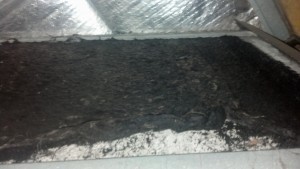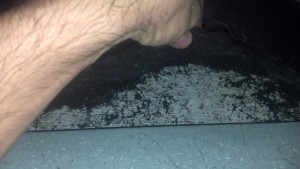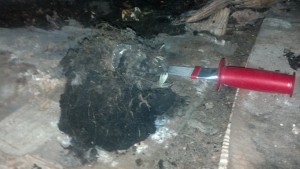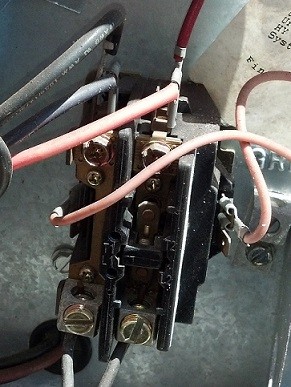Holiday greetings from all of us at Downtown Air & Heat!
December is a time of celebrations across the globe, despite the cold weather that affects much of the countries in the Northern Hemisphere. In fact, the cold weather is one of the reasons that it is so important for people to embrace celebrations of light, color, food, and warm drinks—what better way to cheer up during a time of short days and low temperatures?
There is another reason to feel joy at the end of December, regardless of your religion or culture: an astronomical event called winter solstice.
Four astronomical markers divide the seasons on planet Earth: two solstices and two equinoxes. Equinox (a combination of the Latin words for “equal” and for “night”) is the point in Earth’s orbit when its axis is parallel to the Sun. Solstice (from the Latin words for “sun” and “to stand still”) is the point in orbit where the Earth’s axial tilt points toward the Sun. During the equinoxes, which occur at the start of spring (vernal equinox) and fall (autumnal equinox), the periods of day and night are the same length. During the solstices, which occur at the start of summer (June solstice) and winter (winter solstice), either day or night is at its longest period. June solstice is the longest day of the year; winter Solstice is the shortest day of the year.
Occurring on the 20th or the 21st of the month (this year it falls on the 21st), winter solstice marks the official beginning of winter, but also the point at which the days start to grow longer once more. The sun, which has dropped lower in the sky since the June solstice (June 20-21) and reaches its lowest point above the horizon on noon on winter solstice, once again begins to rise.
From the earliest human prehistory, people have recognized the winter solstice as an important event in their lives. When winter survival was difficult for early human societies, the sight of the sun beginning to rise in the sky once more was a symbol of hope and a reason to celebrate.
(All of the above applies to the Northern Hemisphere of Earth. The equinoxes and solstices flip in the Southern Hemisphere. For example, in Australia, Christmas is a summer holiday.)
However you commemorate and observe this time of year, we hope you and your family have a joyful and safe season!












